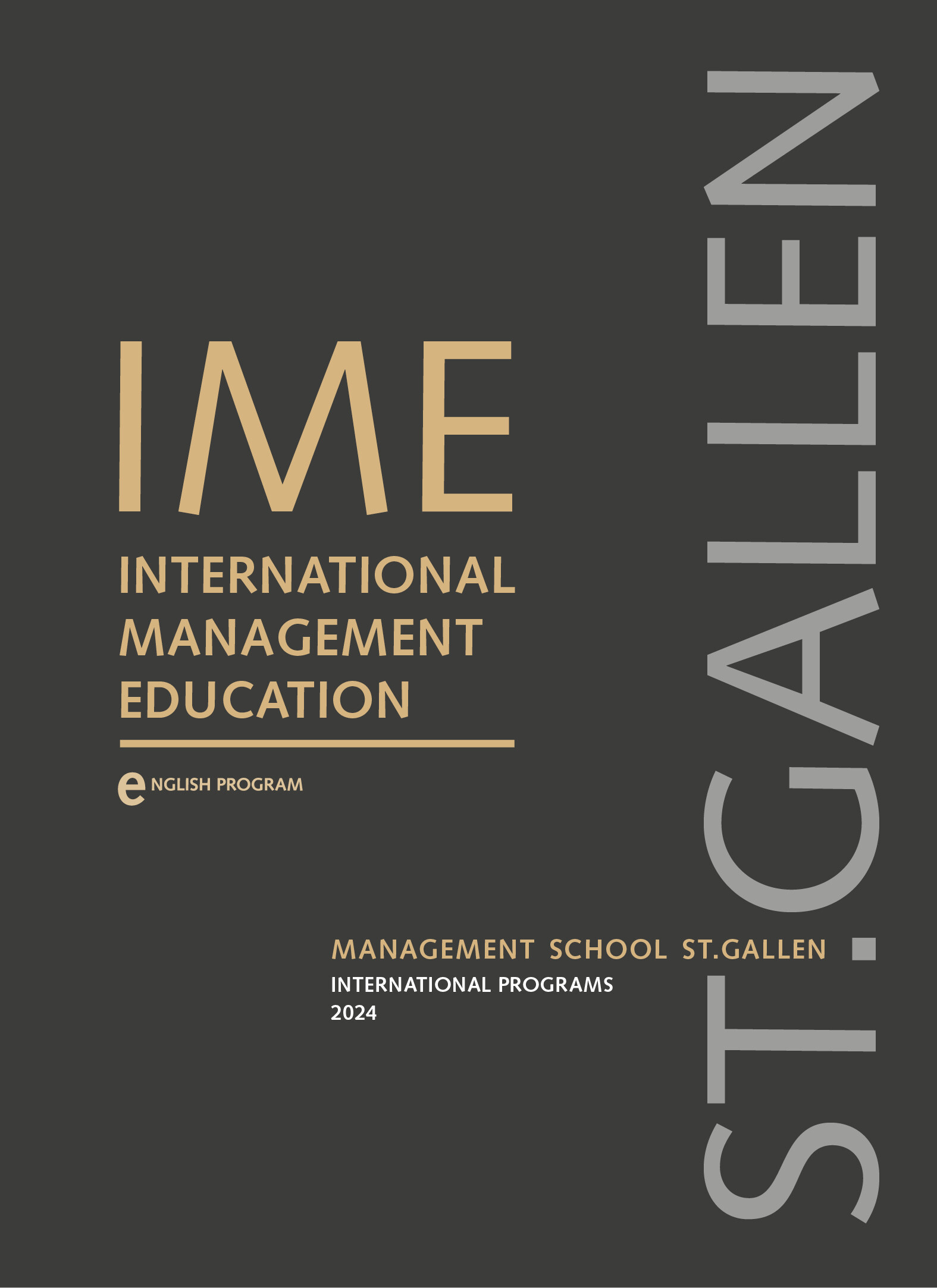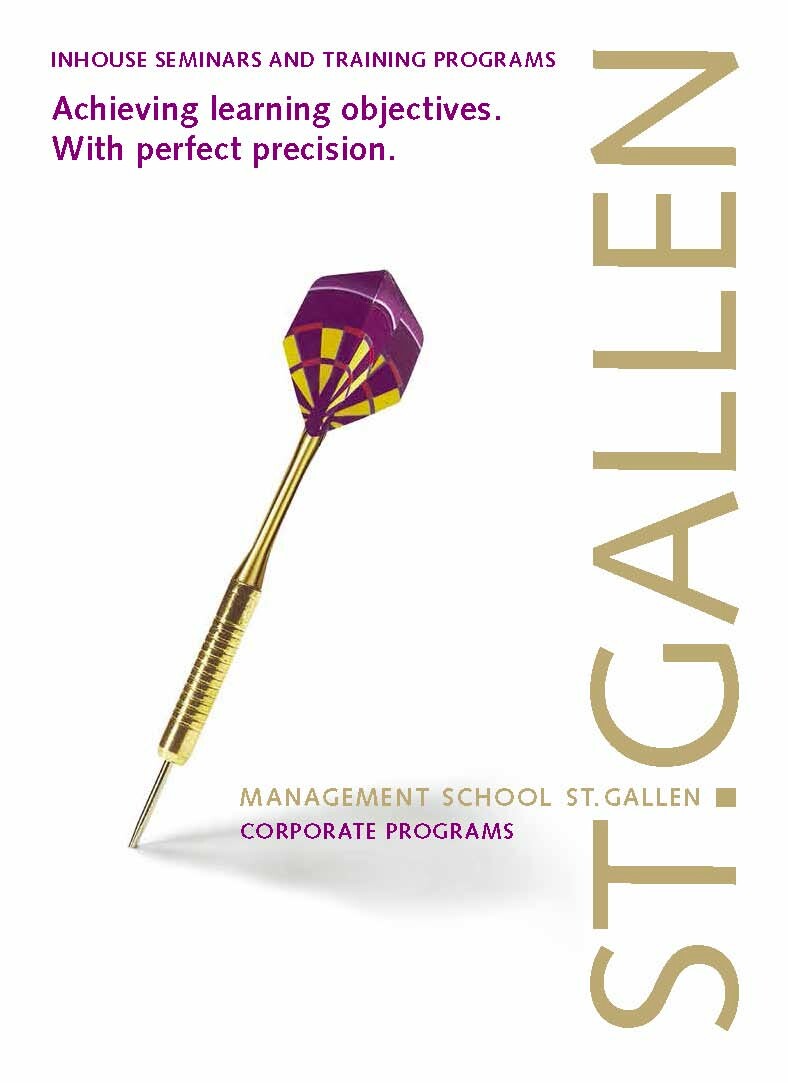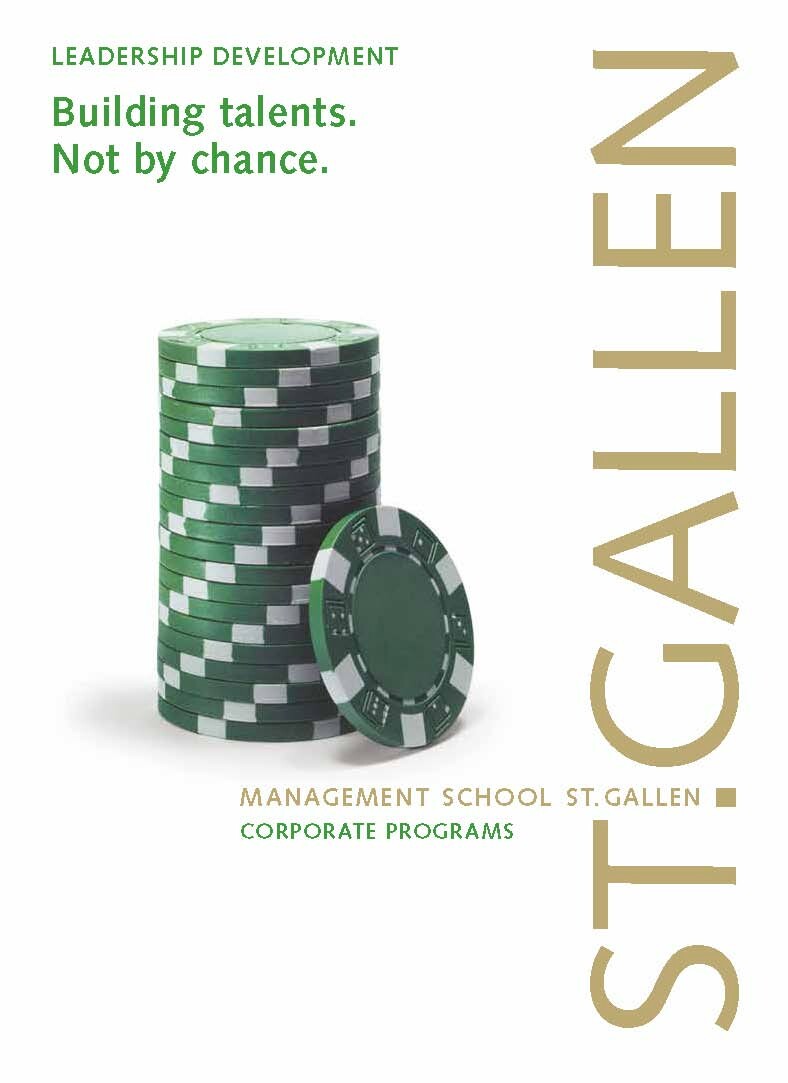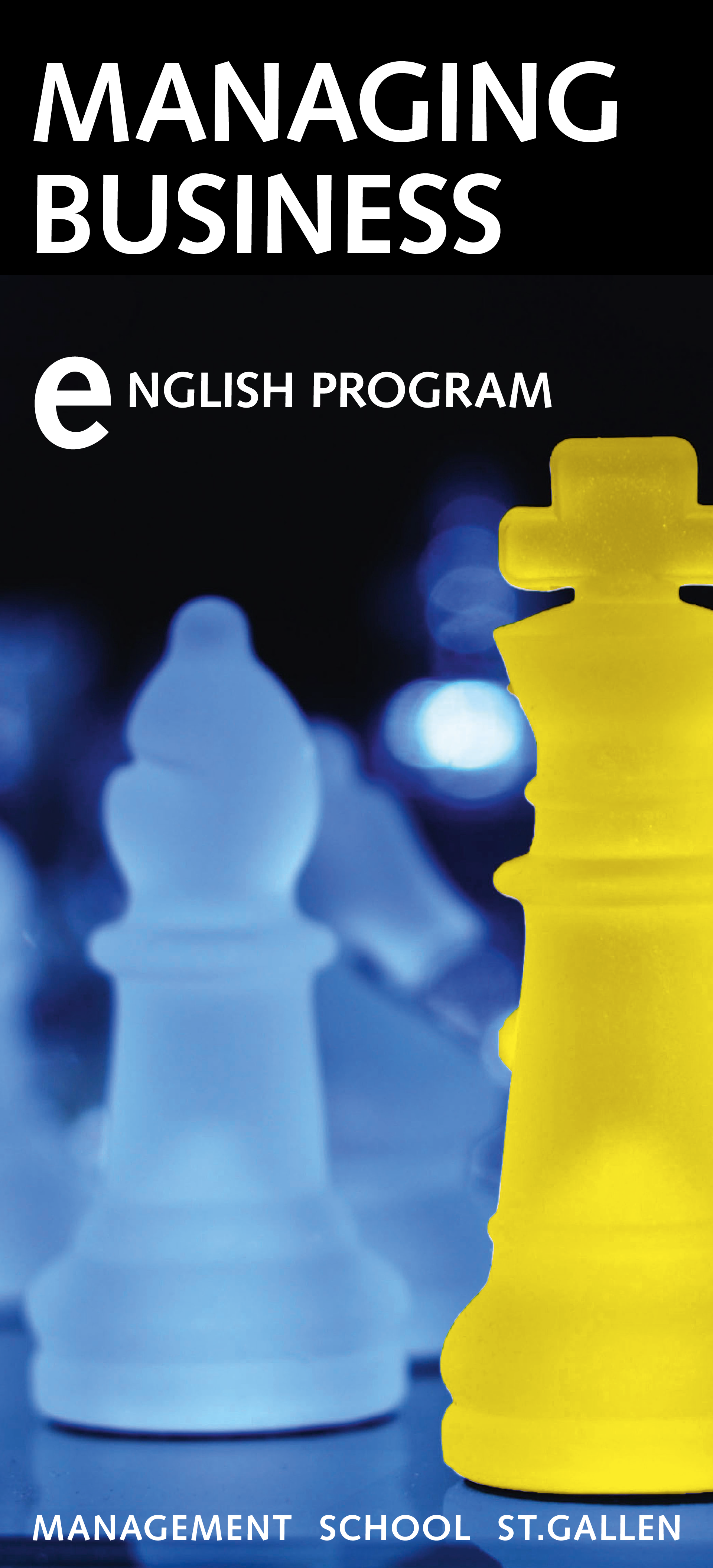Values | Values as the base of decisions. Define your individual value system. To which extent do values limit tolerance or guide emotions?
Understanding leadership | There is no general recipe of an ideal leader. What makes a leader effective? In what way can behavior be learned? Leadership vs. management.
Leadership and personality | Becoming aware of one’s own strengths and weaknesses. Awareness of personal patterns and working styles.
Managing yourself | Trust yourself. Utilizing your strengths. Compensating weaknesses, not eliminating them. Time and self-management. Learn to delegate and to empower.
Contribution to the whole | Do you only have a job position or do you contribute to the organization? Where do you get your motivation from? Self-motivation.
Focus on results | Make results measurable and comparable to investments made. Correct and strategic benchmarking.
A manager’s tasks | Define SMART objectives. Distinguish between personal and professional objectives. The challenge of organizing.
Working with employees | The importance of setting goals for employees. Job design and assignment control. Creating a positive perception of supervision.
People instead of employees | Personal Appraisal without standard profiles. How not to under- challenge or over-challenge.
Communicating effectively | Learning to watch and listen. Assertive communication and non- aggressive feedback.
The personal toolbox of a manager | Creating your own toolbox. Meeting management. Building teams taking different team roles in consideration. Not to de-motivate instead of to motivate.
Boundaries of management | Dealing with stress: where do stress and fears originate? What exactly are burnout and boreout and how can one deal with it? Positive Thinking.








